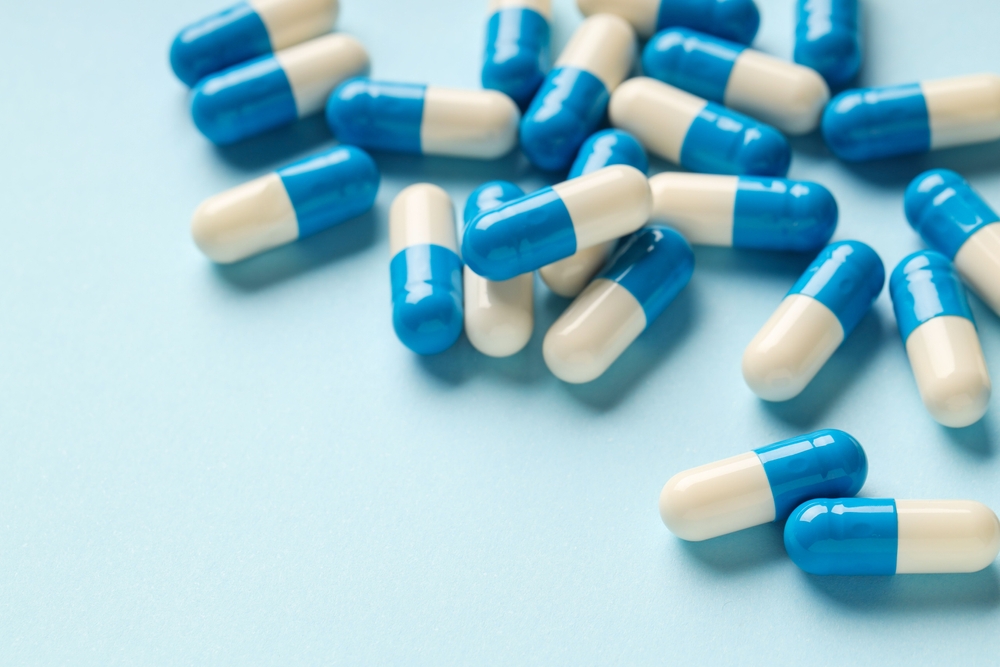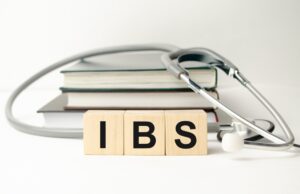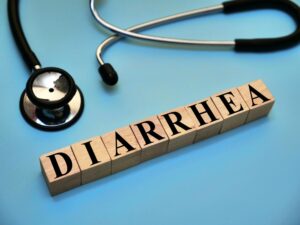
The Link Between Alcohol and Colorectal Cancer
Research shows that lifestyle factors — including alcohol consumption — can influence colon cancer risk.

Living with Irritable Bowel Syndrome (IBS) often feels like a constant puzzle, where identifying triggers and finding effective treatments can be frustrating. You might have heard conflicting information about antibiotics—some say they are a major cause of IBS flare-ups, while others suggest they can be a solution. This complex relationship between antibiotics and gut health deserves a closer look.
This post will explore the dual role of antibiotics in managing IBS. We will delve into how they can both trigger and treat symptoms, the connection between IBS and Small Intestinal Bacterial Overgrowth (SIBO), and what the research says about this form of irritable bowel syndrome treatment. By understanding these dynamics, you can make more informed decisions about your digestive health.
At its core, IBS is a disorder of gut-brain interaction, but emerging science increasingly points to the gut microbiome as a key player. Your digestive system is home to trillions of microorganisms, collectively known as your gut microbiome. These microbes, especially the diverse community of gut bacteria and digestive health influencers, play a vital role in everything from nutrient absorption to immune function.
A balanced and diverse microbiome characterizes a healthy gut. However, in many people with IBS, there is a gut microbiome imbalance, a condition known as dysbiosis. This dysbiosis and IBS connection means that the types, numbers, and functions of gut bacteria are altered, which can lead to common IBS symptoms like bloating, gas, abdominal pain, and irregular bowel habits.
Antibiotics are powerful drugs designed to kill harmful bacteria, but they don’t always distinguish between good and bad microbes. This “scorched-earth” approach can disrupt the delicate balance of your gut microbiome, wiping out beneficial bacteria along with the problematic ones. This disruption is one of the most common IBS flare-up causes.
When beneficial bacteria are diminished, it creates an opportunity for less desirable microbes to overgrow, leading to further dysbiosis. For some individuals, a course of antibiotics can be the event that triggers the onset of their symptoms, a condition known as post-infectious IBS. The gut can take weeks or even months to recover its balance after antibiotic use.
Despite their potential to cause harm, certain antibiotics can be an effective treatment for some people with IBS. This is particularly true for individuals whose IBS symptoms are driven by an overgrowth of bacteria in the wrong place—specifically, the small intestine.
In these cases, a targeted antibiotic can act as a “weeding” tool, reducing the excessive bacterial population and rebalancing the gut environment. The most studied antibiotic for this purpose is rifaximin, which is a non-absorbable antibiotic. This means it stays within the gut to target bacteria there without being absorbed into the bloodstream, minimizing systemic side effects. This makes it a key option among IBS-D (diarrhea-predominant IBS) antibiotics.
The SIBO and IBS connection is a critical piece of this puzzle. Small Intestinal Bacterial Overgrowth (SIBO) is a condition where bacteria that normally reside in the large intestine migrate and colonize the small intestine. This bacterial overgrowth can lead to fermentation of food in the small intestine, producing gas that causes bloating, abdominal pain, and altered bowel habits—symptoms that closely mimic IBS.
In fact, some studies suggest that a significant percentage of people diagnosed with IBS, especially IBS-D, may actually have underlying SIBO. For these individuals, a course of specific antibiotics for small intestinal bacterial overgrowth can provide significant relief by reducing the bacterial load in the small intestine.
Research into using antibiotics for IBS has yielded promising but mixed results. The most extensive studies have focused on rifaximin for IBS, particularly for non-constipation IBS (IBS-D and IBS-M). Several clinical trials have shown that a short course of rifaximin can provide significant relief from symptoms like bloating, abdominal pain, and diarrhea.
However, the relief is not always permanent. Many patients find that their symptoms return within a few months, sometimes requiring repeat treatment. The effectiveness can also vary widely among individuals, and it is not a suitable treatment for everyone with IBS. More research is needed to identify which patients are most likely to benefit and to optimize long-term treatment strategies.
While targeted antibiotics like rifaximin have a good safety profile, using antibiotics for IBS is not without risks. A primary concern is the potential for antibiotic resistance, where bacteria evolve to become immune to the drug’s effects, making future treatments less effective.
There is also the risk of further disrupting the gut microbiome. Even a targeted antibiotic can have off-target effects, potentially harming beneficial bacteria in the large intestine. Other side effects, although less common with rifaximin, can include nausea, allergic reactions, or yeast infections. This is why antibiotic treatment for IBS should always be carefully considered and monitored by a healthcare professional.
Whether you are considering antibiotic treatment or recovering from it, supporting your gut health through diet and lifestyle is crucial. Rebuilding a healthy and diverse gut microbiome is key to long-term symptom management.
If you have IBS-D and have not found relief with traditional treatments like diet modification and fiber supplements, it may be time to discuss antibiotic options with your doctor. This is especially true if your primary symptoms are bloating and diarrhea, which are hallmark signs of the SIBO and IBS connection.
Before starting a conversation, it can be helpful to keep a detailed symptom diary. Track your food intake, symptoms, and potential triggers. This information can help your doctor determine if your symptom pattern suggests an underlying bacterial overgrowth that might respond to antibiotic therapy.
Self-treating with leftover antibiotics is dangerous and can worsen your gut microbiome imbalance. Any irritable bowel syndrome treatment, especially one involving antibiotics, should be managed by a healthcare provider. A doctor can properly diagnose your condition, which may involve testing for SIBO, and determine if antibiotics are a safe and appropriate choice for you.
If your symptoms are severe, persistent, or accompanied by red-flag signs like unexplained weight loss, rectal bleeding, or fever, seek medical attention promptly. Our staff at Allied Digestive Health can ensure you receive an accurate diagnosis and create a comprehensive treatment plan tailored to your specific needs.

Research shows that lifestyle factors — including alcohol consumption — can influence colon cancer risk.

Understanding these gender-specific patterns can help men recognize male IBS symptoms, manage their condition, and know when to seek help from a healthcare provider.

While many people recognize UC as a digestive disorder, its effects can extend beyond the GI tract, influencing overall health and quality of life.

While there is no single cure for IBS, dietary management is one of the most effective ways to reduce symptoms.

One day you might feel fine, and the next you’re dealing with debilitating cramps, bloating, and unpredictable bathroom emergencies.

A person can have polyps for years and be completely unaware, which is why screening is so important.

An IBS self-assessment of your symptoms can suggest you have the condition, but it cannot replace a clinical evaluation.

A diet rich in diverse, whole foods supports a wide variety of good bacteria, a state known as high microbiota diversity.

Dealing with diarrhea is never pleasant. The urgent, frequent trips to the bathroom leave you feeling drained and uncomfortable.

Understanding the link between IBS and hemorrhoids is the first step toward finding effective relief and improving your quality of life.

By focusing on credentials, key quality metrics like ADR, and your own comfort, you can make an empowered choice.

Fatigue is not just a minor complaint for those with IBS; it’s a major, pervasive issue. This isn’t just feeling a little tired; it’s a profound sense of exhaustion that isn’t relieved by rest.